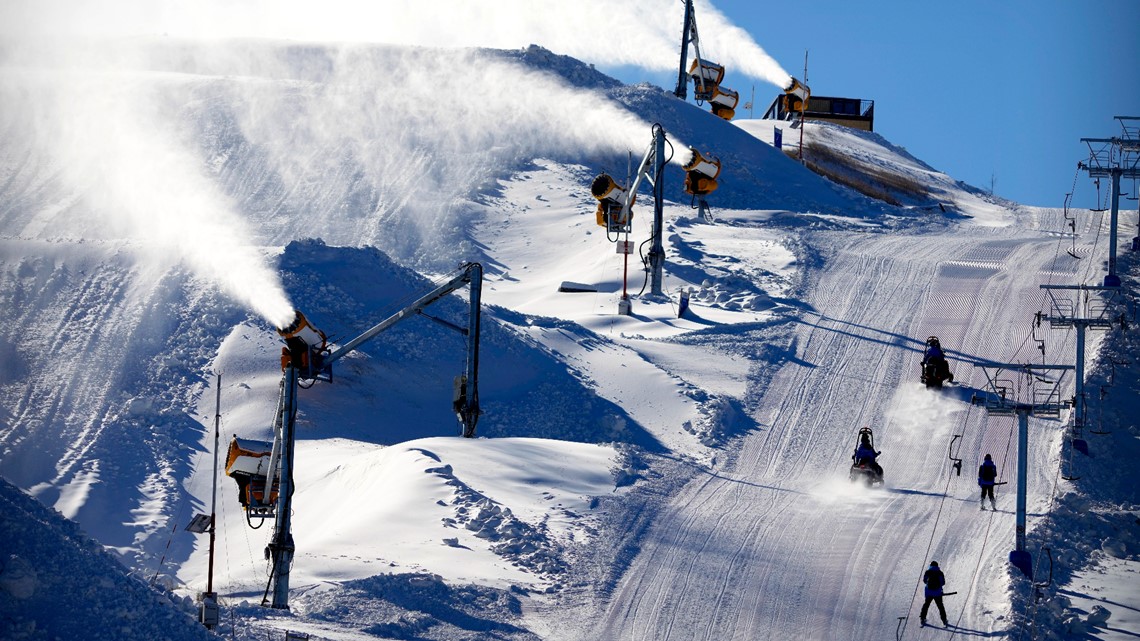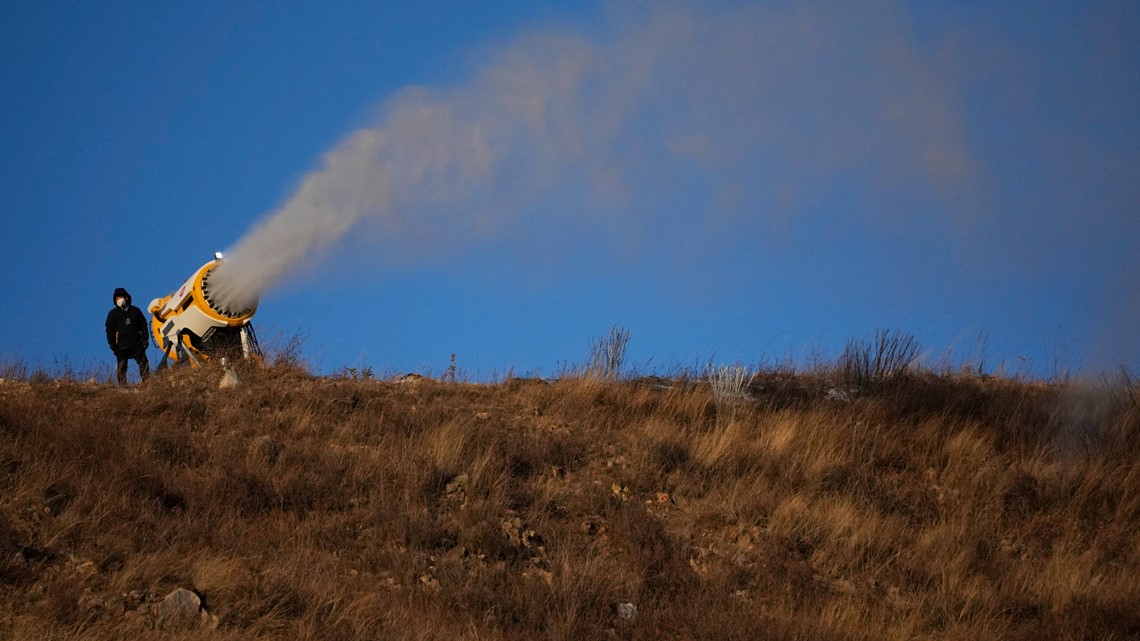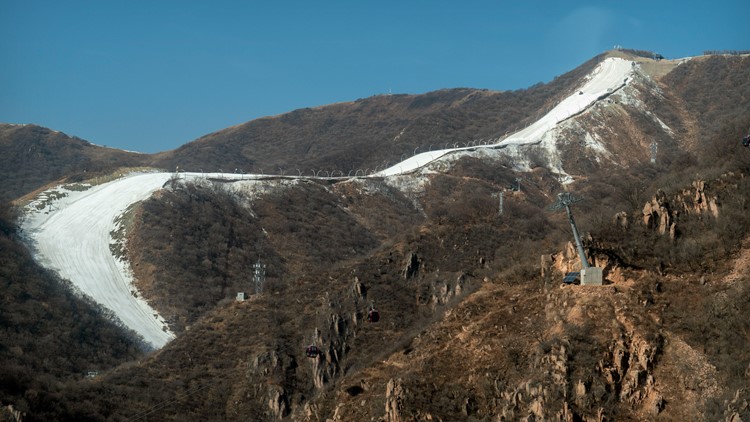BEIJING, China — Every four years, there are two major factors that go into hosting the Winter Olympics: athletes and snow.
This year's Olympics features a number of remarkable athletes, so there's no shortage in that department, however, the same can't be said about the snow.
Due to the weather in Beijing, Olympics officials have been forced to make their own snow, marking the first time the host city has relied almost entirely on artificial snow.
According to KARE 11 meteorologist Ben Dery, the Yanqing region where the alpine events are being held, averages less than eight inches of snow per year.
"It's basically a mountainous desert," Dery says. "Snow needs to be artificially made, which can make the ski hills really fast and icy."


Some of the athletes have raised some concern about the ski conditions, saying it can bring additional risks than skiing on natural snow.
Last month, Estonian Olympic biathlete Johanna Taliharm told The Associated Press that artificial snow is “faster and more dangerous” because of the icing.
The International Olympic Committee (IOC) told the Associated Press that artificial snow is often used at World Cup ski competitions and denied that is makes courses more dangerous. In fact, the IOC says artificial snow creates a "more consistent surface" for athletes.
There's also been some environmental concerns because of the massive amounts of water and electricity required to manufacture this much snow.
These Winter Games are expected to use 49 million gallons of water — the equivalent of 74 Olympic swimming pools — for snowmaking, but some experts think that number vastly underestimates the amount needed, according to the Associated Press.





